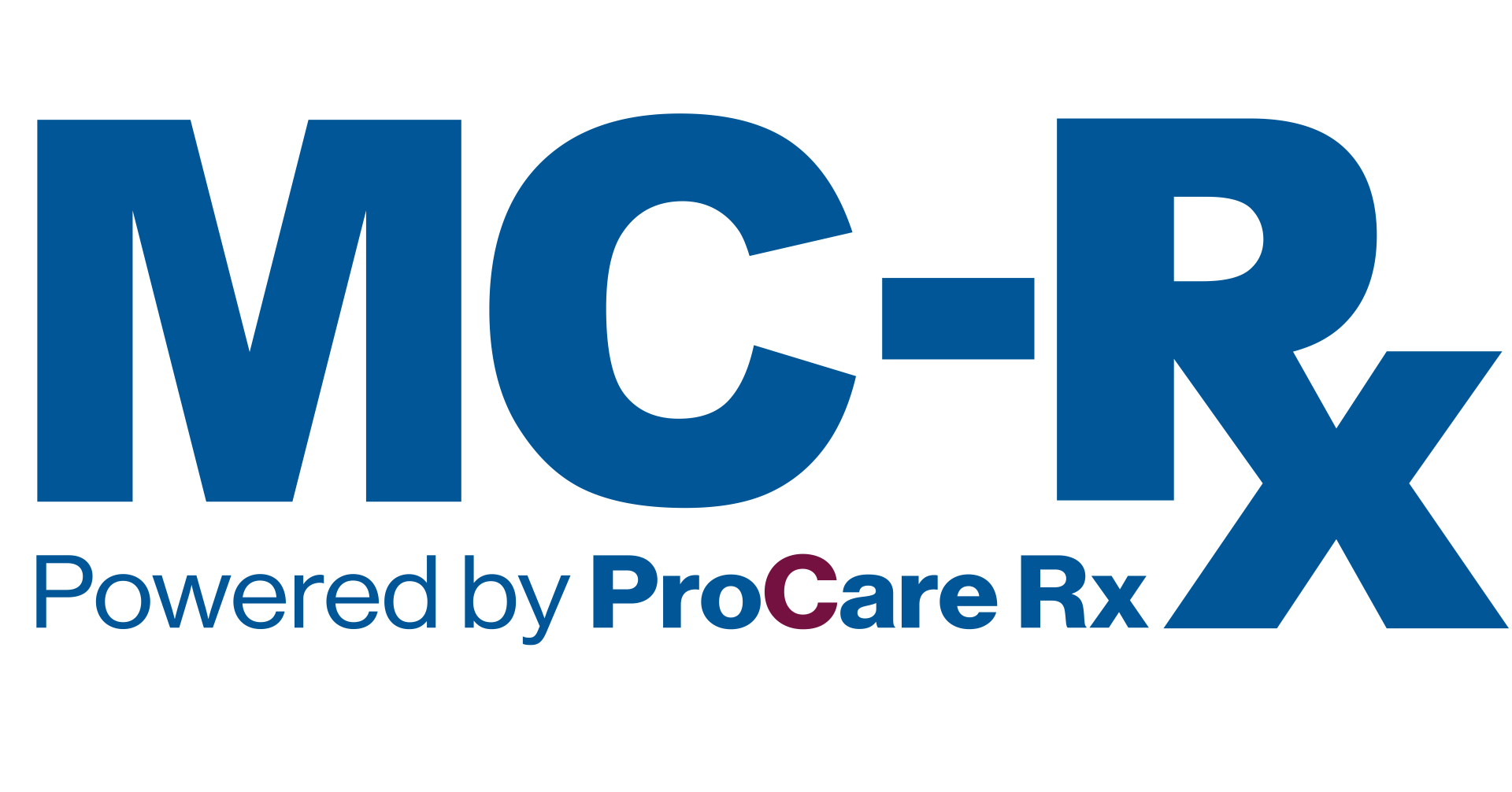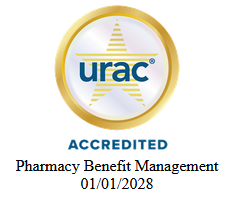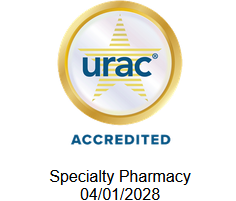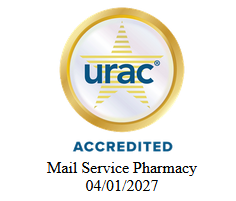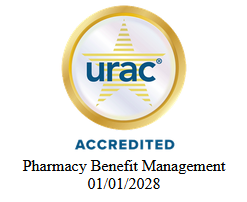THE BLACK BOX OF DRUG PRICING HAS BEEN OPENED; PBM MC-RX URGES ACCOUNTABILITY
November 11, 2020
Several states have passed drug price transparency laws that require drug makers to report the reasons behind dramatic price increases. More states will follow. These laws represent an important first step in shining a light on why drug prices are rapidly rising. MC-Rx, a PBM advocating for change, argues the need not just for transparency, but accountability in the often secretive flow of funds from the pharmaceutical manufacturer to the ultimate consumer.
Gainesville, GA. (PRWeb) December 10, 2019
As drug prices continue to rise at a significant rate, hindering efforts to restrain overall healthcare costs, lawmakers and industry insiders are calling for major changes to the industry’s pricing formularies and payment strategies. The action comes as the practices of drug makers, insurance companies, and particularly Pharmacy Benefit Managers (PBMs) have come under scrutiny following government studies revealing little to no transparency in the areas of pricing and reimbursement schemes [1]. “Transparency isn’t enough,” said LaMar Williams, Executive Vice President of MC-Rx. “There has to be accountability. We allow our customers to see all components of their pharmacy claim data. Our clients can see the details of every claim processed, including the patient copay, amount billed to their plan, and the ultimate pharmacy payment. They can opt to receive pass-through pricing at the same rates as are paid to the pharmacy. We are open, honest, and completely auditable. Open access is the key, and we call on all PBMs to operate in the same way.”
The new transparency laws, which are in effect in Vermont, Nevada, California, and Oregon, provide states the ability to collect common elements about drug pricing, such as data concerning both brand name and generic drugs; drug prices and percentage increases over time; production costs, including manufacturing and marketing; sales revenue and profit; and money spent on patient assistance programs. Their purpose is to provide lawmakers and consumers visibility into the process by which pricing is calculated [2].
Williams believes complete accountability is the most effective way for PBMs to ensure they remain commercially viable and true to their mission, which is to work with pharmacies and insurers to find ways to lower drug costs for consumers while improving the healthcare delivery system – a mission he believes has been forgotten at many larger PBMs. This makes it harder for everyone.
“Strong, independent, (privately-owned) PBMs provide value to the pharmaceutical industry and to patients. In an age of vertical integration and mergers, it’s important that clients, insurers, and payers have options and that competition doesn’t disappear,” he said.
Lawmakers in Maryland agree. They passed price-gouging legislation that authorizes its attorney general to instruct the circuit court to fine drug manufacturers that raise the price of generic drugs by 50 percent or more within 12 months – and subsequently return funds to patients and payers. The pharmaceutical industry is contesting the law in court, but similar legislation is being considered in multiple other states [3].
Physicians support the legislation, as well as improved transparency and accountability around PBMs. A report issued by the American College of Physicians highlighted “the need for reliable, timely, and relevant information on prescription drug pricing for physicians and patients [4].”
According to experts, the role PBMs play in reducing healthcare costs has increased in scope in recent years, at the same time that government and consumer confidence in their operations has decreased.
“We believe in accountability, so we put our money where our mouth is, and we encourage all the PBMs out there to do the same,” said Williams. “That should be the industry standard.”
About MC-Rx
MC-Rx is a full-service Pharmacy Benefit Manager (PBM) with corporate offices in Gainesville, Georgia and Caguas, Puerto Rico, which focuses on transparency, best-in-class service, and offering clients “lowest net cost.” MC-Rx was formed by combining two URAC-accredited, world class PBM’s - ProCare Pharmacy Benefit Manager and mc-21. The ProCare companies were founded in 1988 with the vision of providing innovative computer software systems and services to various sectors of the healthcare industry. ProCare processed their first pharmacy claim in 1994 using their proprietary, internally developed and managed systems, and expanded in 1998 to full-service pharmacy benefit management through the acquisition of NextGen PBM. Today, the ProCare companies also include two affiliated mail order and specialty pharmacies, ProCare PharmacyCare, and are one of only four PBM providers that own all of their component systems. MC-Rx now provides comprehensive, industry-leading service to clients in Puerto Rico and the U.S. Visit http://www.mc-rx.com/.
1. “GAO Highlights,” Government Accounting Office, July 2019
2.“California’s new transparency laws show staggering rise in wholesale drug prices,” Los Angeles Times, October 11, 2019
3. “Maryland Passes Nation’s First Prescription Drug Affordability Board Legislation,” National Academy for State Health Policy April 15, 2019
4. Policy Recommendations for Pharmacy Benefit Managers to Stem the Escalating Costs of Prescription Drugs: A Position Paper from the American College of Physicians,” Annals of Internal Medicine, November 12, 2019

Understanding GLP-1 Medications The landscape of obesity management is evolving, with GLP-1 receptor agonist (RA) medications emerging as a significant player. These FDA-approved drugs have proven effective in helping individuals lose weight, prompting a shift in how they are viewed and covered by health plans. However, the cost implications and strategic decisions surrounding these medications require careful consideration by employer groups and their members. The Case for GLP-1 Medications GLP-1 RAs, originally developed for diabetes management, have shown remarkable efficacy in weight loss. With the growing prevalence of obesity and its associated healthcare costs, there's increasing pressure on health plans to cover these medications. Despite their high cost—annual retail pharmacy expenses can exceed $10,000 per patient—GLP-1 RAs offer potential downstream savings by reducing obesity-related comorbidities such as diabetes, hypertension, and cardiovascular disease. Balancing Coverage and Cost Historically, weight loss medications were deemed "lifestyle" drugs and excluded from coverage. However, the rising popularity of GLP-1 RAs and their demonstrated benefits are challenging this perspective. For plan sponsors, the decision to cover these medications involves balancing the high upfront costs with the potential for long-term savings on medical expenses related to obesity. Cost-Containment Strategies For payers choosing to cover GLP-1 medications, several cost-containment strategies can be employed: Formulary Management : Deciding on the placement of these medications within the formulary is crucial. Options range from not covering the drugs to placing them on a high-cost tier with patient cost-sharing. Prior Authorization and Step Therapy : Implementing these measures ensures that only patients with a proper diagnosis (e.g., ICD-10 code for obesity) access these medications, preventing misuse and overutilization. Prerequisite Programs : Requiring participation in wellness or nutrition programs before approving weight loss medications can encourage lifestyle modifications that complement pharmacological treatment. Specialist Restrictions : Limiting prescriptions to weight loss specialists, such as bariatric doctors or endocrinologists, ensures appropriate therapy and monitoring. Duration Limits : Establishing treatment guidelines, such as discontinuing medications if a target weight loss is not achieved within six months, helps manage long-term costs. The Role of Brokers and Employer Groups Brokers play a pivotal role in guiding employer groups through the complexities of covering GLP-1 medications. Understanding the cost-benefit dynamics and available cost-containment strategies enables brokers to provide informed recommendations that align with their clients' financial and health objectives. Employer groups, in turn, must weigh the potential benefits of covering these medications against their budgetary constraints and the overall well-being of their workforce. Member Education and Engagement Effective communication with members is essential to ensure they understand the coverage options and adhere to prescribed treatments. Educational initiatives can include: Patient Communication Programs : Providing information on medication adherence, compliance, and lifestyle modifications. Continuing Education : Ongoing programs to keep members informed about the benefits and proper use of weight loss medications. Monitoring and Support : Utilizing pharmacy and medical data to track outcomes and adjust strategies as needed. Balance the Scale with Expert Guidance from MC-Rx The adoption of GLP-1 medications for weight loss represents a significant advancement in obesity management. However, the high costs associated with these drugs necessitate careful planning and strategic implementation by brokers, employer groups, and members. By employing robust cost-containment strategies and prioritizing member education, health plans can navigate the financial challenges while delivering meaningful health benefits to their populations. MC-Rx, as a full-service pharmacy benefits manager, offers the expertise and tools to help clients optimize their coverage decisions and manage the complexities of incorporating GLP-1 medications into their health plans. Here are just a few of the GLP-1 strategies we use to shield our clients from excessive costs: Implementation of Drug Management Tools, which is critical to ensure proper utilization for GLP-1s. Strategic Benefit Design, which also protects clients from improper GLP-1 utilization. Clear Member Communication, which is crucial for proper adherence and compliance. When implemented with an existing client, the above-listed strategies helped them achieve $382,000 in cost avoidance for GLP-1s. With the right approach, the benefits of these medications can be realized, contributing to better health outcomes and potentially lowering overall healthcare costs in the long run. For more information on managing GLP-1 medications and other pharmacy benefits, reach out to an MC-Rx expert today .


